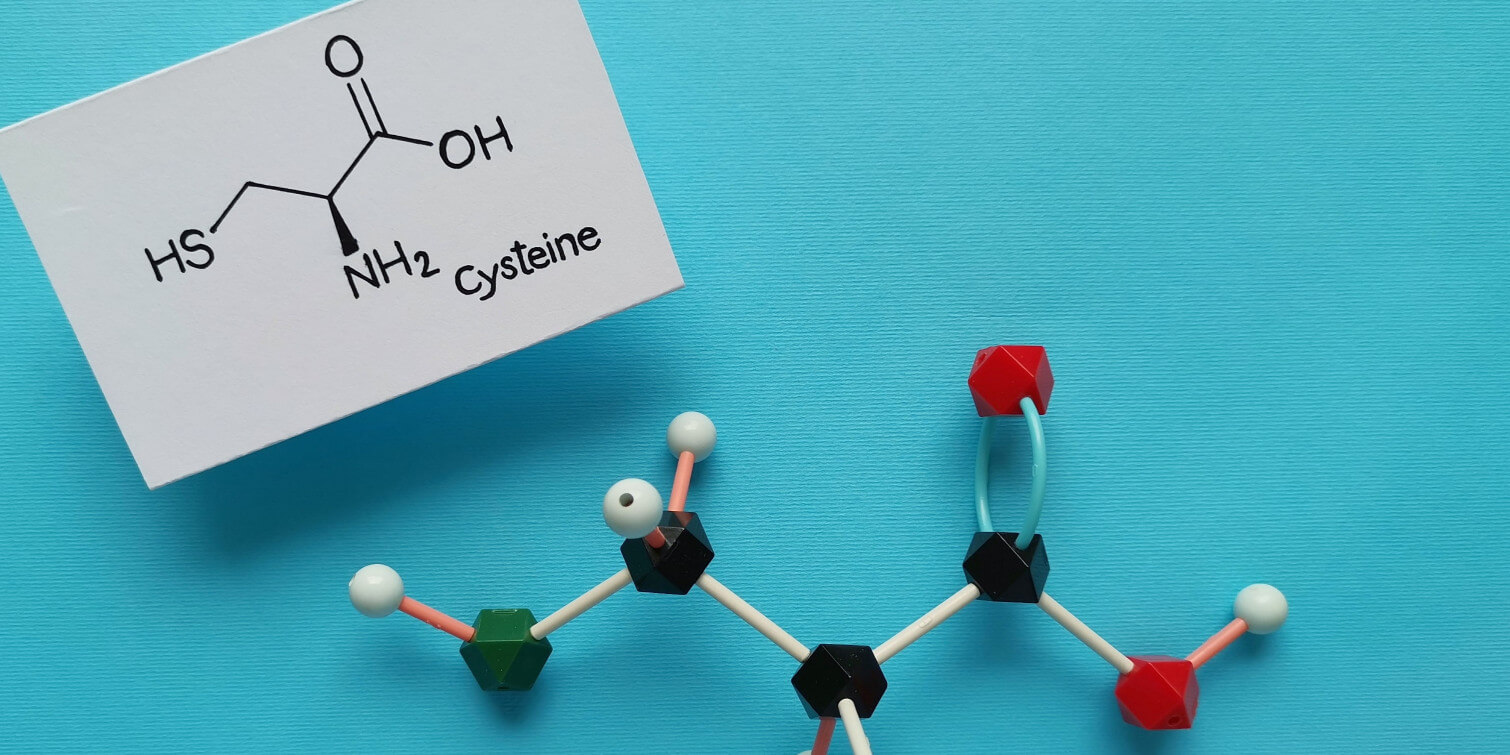Demand for cysteine - used in food, cosmetics and pharmaceuticals – is rising, but halal-certification still has a way to go.
As the demand for the amino acid cysteine increases in the food, cosmetics, and pharmaceutical industries, producers are developing biotransformation and fermentation production processes to meet changing regulatory and consumer needs.
“We are constantly asked whether cysteine is halal and if it can be used as a raw material or as an additive,” Dr. Ali Fanous told Salaam Gateway about fabricator’s and consumer’s uncertainties.
These are important questions for the halal sector as the conventional production process is haram (non-permissible), as it includes hydrolysis of human hair molecules or the use of animal products such as feathers and pig bristles as raw materials.
Fanous spoke about the complexities of this halal critical material at the 7th World Halal Summit, held from 25-28 November 2021 in Istanbul, Turkey.
The food technologist works as a technical auditor and is the head of the audit department at the German certification body Halal Control GmbH.
Cysteine has a wide range of possible applications. The amino acid is widely found as an additive in ready-to-eat meals such as packet soups. Large-scale bakeries use cysteine to remove gluten from flour, making dough easier to knead and process. In the pharmaceutical industry, it is used as an expectorant in cough medicines. The cosmetics industry works with the material when producing hair conditioning agents, fragrance ingredients and radical scavengers.
According to a market report by QY Research in 2020, the global cysteine market was valued at $392.7 million. It is forecast to grow at a CAGR of 6.4% during the next seven years, to reach $640.6 million by 2027.
China, the largest cysteine manufacturer globally, according to Fanous, still uses human hair for production. One tonne of hair yields 100 kilogrammes of cysteine. However, the method requires 27 kg of hydrochloric acid, which is harmful to humans and the environment, to produce 1 kg of cysteine.
Following a European Union ban in 2012 on the use of food additives produced by cysteine derived from human hair, Wacker Chemie, a German multinational chemical company founded in 1914, set out to create alternatives.
The firm developed a patented biotech process and became the world’s first company to manufacture cysteine by fermentation, investing €30 million ($33.8 million) in its site in León, Spain. Since September 2018, the facility produces 800,000 litres, with the cysteine from purely plant-based raw materials and is halal, kosher and vegan certified.
The firm’s process eliminates the risk of potential contamination due to human or animal pathogens, such as bovine spongiform encephalopathy (BSE), commonly known as mad cow disease, and requires only a fraction of the hydrochloric acid used in conventional production.
“This cysteine is very pure, very clean,” said Fanous about the product. “But it is expensive.”
In April, South Korea-based food company CJ CheilJedang launched the third generation cysteine based on microbial fermentation without electrolysis, calling it the “world’s first natural cysteine”.
“We are only using vegan sources for fermentation, specifically the sugars,” said Judy Kim, a CJBio food scientist, in a webinar. “We don’t use any synthetic process at all,” Kim added, as the electrolysis changes the molecular structure.
“Our customers can now claim that there is a natural flavour,” said Paul Kim, CJBio’s global director of human nutrition.
According to the company, the product qualifies as a natural flavouring following standards based on the US Department of Agriculture’s Organic Programme, the US Food and Drug Administration and EU regulations.
These technological developments do however pose challenges for halal certification bodies.
“The certification body must, of course, have specialists in the field of food chemistry, food technology or food genetic engineering. Unfortunately, not all certifiers are qualified in this regard,” said Fanous, referring to the European market.
“There are few certifying bodies that really have [the right] professionals or competent people,” he said.
© SalaamGateway.com 2021 All Rights Reserved

